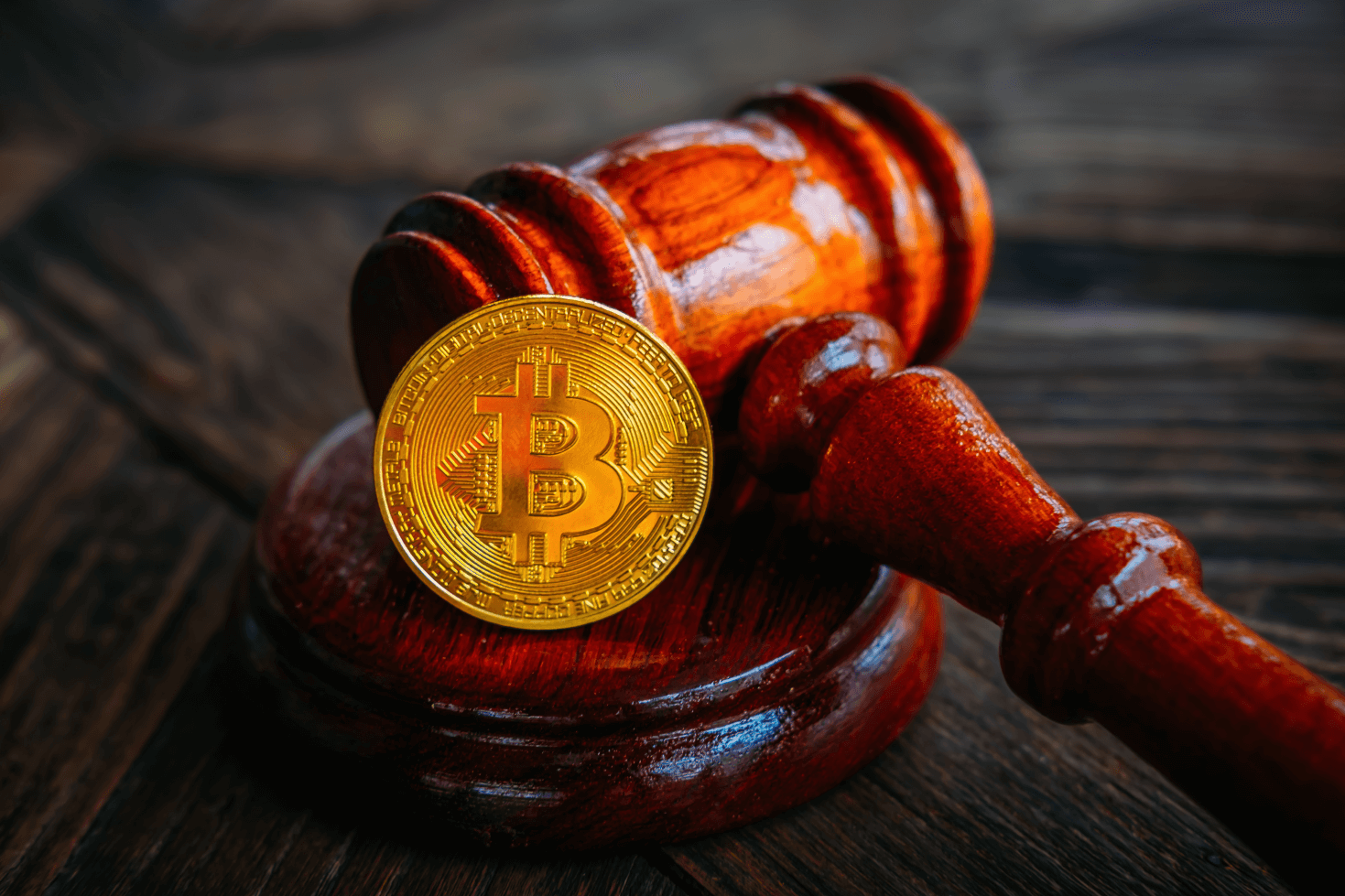What is Crypto Regulation?
Crypto regulation, as a term, refers to the body of rules, guidelines, and policies enacted by governments and regulatory agencies to monitor and control cryptocurrency and blockchain-based asset issuance, trade, and usage.
There are several reasons for regulating cryptocurrencies, such as:
- Consumer Protection. Investors and consumers are better protected from the many crypto-related scams and frauds thanks to these regulations. Ultimately, it contributes to a healthier ecosystem.
- Preventing Financial Crimes. By mandating AML and KYC processes, regulators want to reduce the prevalence of criminal activities. They include money laundering, terrorist funding, and other forms of financial mismanagement.
- Taxation and Revenue Collection. Governments want to tax crypto transactions to collect their due tax income. People purposefully avoiding taxes are oftentimes using cryptos for that purpose.
Why is Crypto Regulation Relevant Now?
The sheer size of the cryptocurrency surge is the first and most evident argument for the rising importance of crypto regulation. Bitcoin, the first cryptocurrency, has evolved from a curious curiosity to a respectable investment option. Because of its stratospheric increase in popularity, investors have poured billions into it, making it crucial to protect their money and keep the financial markets stable.
Investor security is a crucial priority as well, and one that is easily achieved by proper cryptocurrency regulation. When compared to more established financial sectors, the crypto realm is far less regulated and protected. Investors are now more susceptible to scams, hacks, and market manipulation as a result of this. The purpose of rules and regulations is to prevent the exploitation of investors in this new field.
Due to their anonymity, cryptocurrencies have been linked to criminal enterprises. Digital currencies have been used by criminals for illicit activities including money laundering, evading taxes, and buying drugs. By making it easier for law enforcement to identify and capture criminals, effective regulation may make the crypto realm safer for everyone.
It is common knowledge that the crypto market is quite unstable. Rapid price changes may pose systemic issues due to their domino impact on financial stability. These dangers may be lessened with the aid of regulatory measures, which provide stability mechanisms and make the market run more smoothly.
What Types of Crypto Licenses Are There in Europe?
Companies setting up shop in Europe have plenty to choose from, including:
- Exchange Licenses (Type 1). This type of crypto license is one of the most frequent forms of crypto licenses in Europe. With this certification, crypto exchanges may lawfully do business in a certain region. Exchanges seeking this authorization must implement comprehensive KYC (Know Your Customer) and AML (Anti-Money Laundering) policies. Class 4 VFAA license in Malta is a good example of such a license.
- Wallet Provider Licenses (Type 2). Companies providing digital money wallet services must get this permit. These authorizations guarantee that the wallet service providers you use are up to par when it comes to security and privacy. Companies in this category include the well-recognized Ledger and Trezor hardware wallets.
- Brokerage and Trading Platform Licenses (Type 3). This permit is required for any company providing brokerage or trading services for cryptocurrencies. With this authorization, businesses may let their customers acquire and trade bitcoins. The provision of such services is governed by a variety of laws in countries like Germany.
Additional licenses you could go for include Payment Service Provider, ICO, and Tokenization licenses, just to name a few. Which permit will be more suitable depends wholly on the jurisdiction and your company’s purpose.
Why Do You Need to Get Crypto Permission Before Starting a Project?
Let’s dive into why a crypto license is important for your blockchain venture:
- Legal Compliance. Legal repercussions for operating without a crypto license include fines, shutdowns, and possibly criminal prosecution. The long-term success of a project depends on its adherence to all applicable rules, both domestic and international. Operating in the gray is a very short-sighted decision.
- Investor Trust. Your project’s reputation among investors will increase if you get a crypto license. This shows your dedication to openness and accountability.
- User Protection. Protections for users’ finances and data are reinforced. This fosters confidence and brings in a larger pool of users.
- Access to Banking Services. Many financial institutions are hesitant to work with unregulated crypto companies. Obtaining a banking license opens the door to a world of convenience for budding investors.
- Market Expansion. Having permission to operate in many different areas allows you to reach a wider audience. The ability to lawfully do business in many jurisdictions can be life-changing.
Which European Countries Have the Best Conditions for Crypto Permit?
Now that we’ve covered the essentials, let’s have a look at several European nations with a reputation for making it easy to get a crypto license:
- Malta. Malta has been called “Blockchain Island” because of its forward-thinking approach to blockchain and cryptocurrency legislation. The nation has a clear set of rules for doing business, low licensing fees, and a friendly atmosphere for crypto entrepreneurs.
- Switzerland. The Swiss economy is widely recognized as one of the most secure and innovative in the world. It has come out in support of blockchain and cryptocurrencies, with the establishment of regulatory clarity and tax breaks for the sector.
- Estonia. Estonia’s e-residency system has been making headlines for the simplicity with which non-residents may launch cryptocurrency-related enterprises. There is a low business tax rate and the licensing procedure is simple.
Amidst the current cryptocurrency boom, comprehensive crypto regulation including regulations and policies is essential. It prevents fraud, stops illegal operations, and strengthens the market. From cryptocurrency exchanges to payment processors, different sectors of the European crypto business are covered by several sets of licenses. Having these certifications on hand is necessary for operating lawfully, attracting investors, protecting users, using financial services, and growing the market.
In Europe, some of the best places to get a crypto permit include Malta, Switzerland, and Estonia. However, you should always consider your project’s individual needs, requirements, and goals while choosing a jurisdiction.



2 Comments
KAROLLINA
Regulation of cryptocurrencies is very important, but at the moment, the SEC and other regulators are making one stupid move after another. They only take into account their own benefit, not the crypto enthusiasts opinion
Mujtaba Jan
Crypto regulation is very important but but not in the form that they are trying to impose on us now. These people don’t understand the essence of cryptocurrencies and blockchain themselves